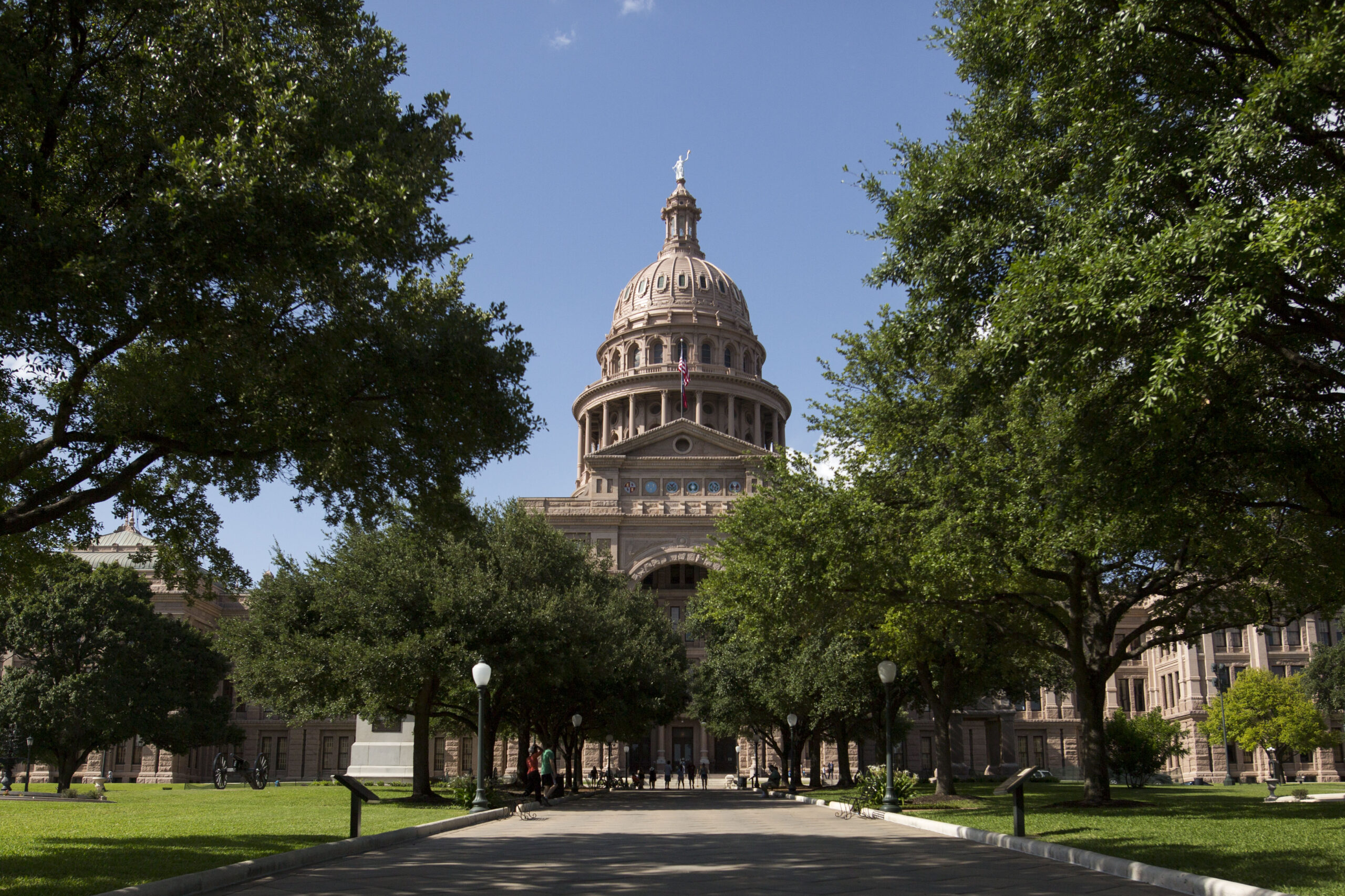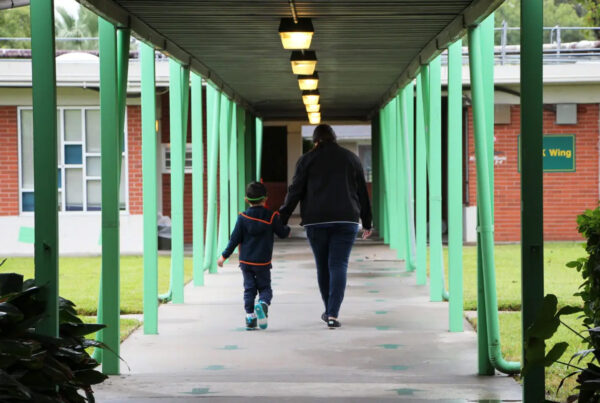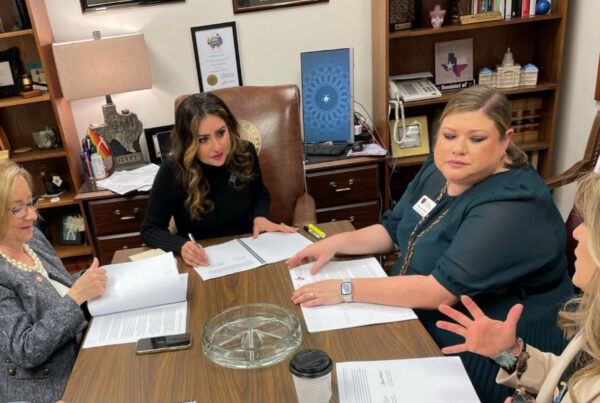Yesterday the House Appropriations Committee took a crack at the Legislature’s most important priority, the biennial budget.
The committee approved a two year $297.2 billion budget and a nearly $14 billion supplemental spending bill. It’s now on to the House floor for a full chamber vote.
Bob Garrett, Austin bureau chief for the Dallas Morning News, joined Texas Standard to discuss what’s in the bill. Listen to the story above or read the transcript below.
This transcript has been edited lightly for clarity:
Texas Standard: So lawmakers in both chambers this year are planning out this next two-year budget for Texas. They’re holding a record $32.7 billion in revenue surplus. Is that surplus warping or changing the conversation around the budget from what you’ve observed in years past?
Bob Garrett: Well, it certainly is. I mean, we’ve never had this much new money to spend. We not only have that, which is sort of the end balance for the current cycle, but we have $42 billion more to allocate if we wanted to. Plus $27 billion in the rainy day fund. I mean, it’s called “historic” for a reason by a lot of people. They don’t know that it’ll ever happen again. And of course, we’re going to give a good chunk of it away in property tax relief so that we’re committing to buy down local school taxes for decades to come. So the question, of course, is in a future downturn, what will the state budget look like? But yes, to answer your question, this is unprecedented and it’s skewing a lot of the decision-making.
So the House bill, you write, would eliminate nearly $4 billion that the Senate wanted to include for rate relief for customers due to the 2021 winter storm. Why did budget writers in the House strike that money?
Well, you know, this is sort of what Beto O’Rourke last year called the “Greg Abbott tax” of some of the heavy energy costs that happened during the 2021 storm. And the Senate wanted to basically not have to go to Wall Street for a bond issue for the natural gas utilities and then some rural electric co-ops who had put out bonds to pay for their huge cost during Winter Storm Uri said, “hey, can’t we get in on this?” “It’s unclear” is the answer to your question in whether there will be a resolution, whether some of this money will be used to save consumers, whether it’s for electricity or natural gas from higher bills in the future.
There was also a lot of talk about money for teachers. Are we talking about retired teachers, active teachers or both? What’s the discussion?
Well, the House Republican leadership is doing a very big bill and I think the Senate with a different approach, but will get to the same amount of finally giving retired teachers in Texas, some of whom literally are living on scraps, a cost of living adjustment. Now, the active current teachers, we have a crisis of retaining, and so far there’s been no clear action on how much money they would get. So far, The House is just adding, you know, they’re doing $12 billion of property tax cuts, but they’re only adding $5 billion to public schools and saying, “we’ll decide as we go forward in the next two months, how to tell the schools to spin that.” Some of it would be for teacher pay raises.
Were there other key takeaways that stood out for you from yesterday’s hearing?
Well, I think they didn’t talk about it, but the governor is pro-business. The House supports a lot of the governor’s pro-business things, whereas the Senate is a little more populist and questioning of corporate subsidies and stuff. The House gave Greg Abbott $1.5 billion he wants for this Texas Semiconductor Innovation Fund that might draw down some federal CHIPS Act money. But they took away $100 million of his film incentives. It was a mixed day for Greg Abbott, but of course he has the veto pen. So things happen toward the end that tend to shove money back his way.

















